- After a long standstill in negotiations, the European Union and Mercosur are once again discussing a trade agreement;
- The Lula government’s approach was well received by most European countries, generating significant advances towards a definitive agreement;
- The agreement between the two blocs can bring not only economic benefits, but also climatic, environmental, and democratic ones.
Despite the obstacles, the history of relations between Mercosur and the European Union demonstrates the strategic importance of a closer economic and political partnership between the two regions.
The resumption of the trade agreement in the Lula government, with an emphasis on climate rules and environmental policy, also represents a significant advance in the partnership between the blocs.
This highlights the growing importance of environmental issues on the international agenda and highlights the need for cooperation between the blocs to face the global challenges related to climate change and the preservation of the environment.
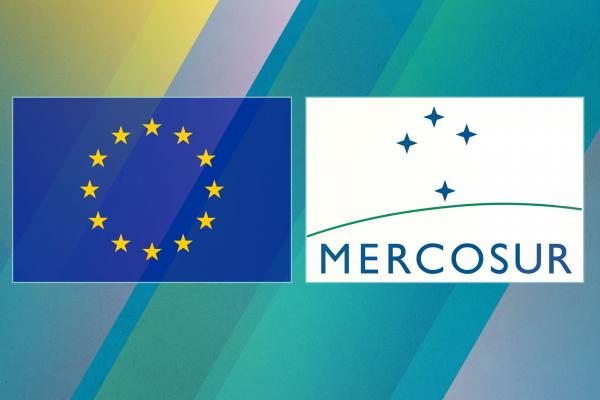
Mercosur-European Union Relations: History, Trade Agreement and Challenges
Relations between Mercosur (Southern Common Market) and the European Union (EU) date back to the early 1990s. Since then, both blocs have sought to establish a comprehensive free trade agreement, with the aim of promoting economic integration and strengthen trade and political ties between regions.
Formal negotiations for an agreement between Mercosur and the EU began in 1999, but over the years they have faced several impasses. Issues such as trade barriers, differences in agricultural policies and market access have been points of discussion during the negotiations.
Despite the challenges, significant progress has been made in negotiations that have lasted more than two decades, leading to a political agreement for a comprehensive free trade agreement in 2019. This agreement, if implemented, would create one of the largest free trade areas in the world, encompassing some 780 million consumers.
However, the agreement still needs to be ratified by the parliaments of member countries of both blocs, which can be a lengthy and complex process. In addition, since the conclusion of the political agreement, some concerns related to environmental issues and human rights have arisen, especially with regard to the protection of the Amazon and climate policies.
Environmental Policies as a decisive factor in Mercosur-European Union relations
Environmental policies play a fundamental role in the relations between the blocs, with significant implications for the conclusion of the trade agreement between them.
In the current context, environmental protection and the fight against climate change have become central concerns on the global agenda.
The EU has been – as far as possible – a champion of climate action and sound environmental policies, which seek to ensure sustainability and preservation of the environment.
However, the environmental policies adopted, or not, by the Mercosur countries have generated concerns and controversies.
The EU seeks guarantees that the agreement will not contribute to deforestation and environmental degradation. Therefore, one of the requirements for the agreement to be signed is that Mercosur adopt more rigorous environmental protection measures and comply with international standards.
In this regard, the President of the European Commission, Ursula von der Leyen, highlighted the importance of an EU-Mercosur agreement that is sustainable and takes climate commitments into account.
This emphasis on environmental policy as a decisive factor reflects a significant shift in the approach to international trade relations.
Environmental protection ceased to be a peripheral issue and became a central element in trade negotiations. Countries and trading blocs are under increasing pressure to adopt robust environmental policies and ensure that their trade agreements are sustainable and responsible.
The Stoppage of the EU-Mercosur Trade Agreement in the Bolsonaro Government
During the government of Jair Bolsonaro (2019-2022), the search for an agreement came to a standstill, due to issues related to the agricultural sector and the protection of the Amazon.
The Brazilian agricultural sector plays a significant role in the Brazilian economy, however, the agricultural policies adopted by Bolsonaro, which aimed to boost agricultural production and reduce environmental restrictions, raised concerns in the EU.
One of the main points of conflict was the issue of deforestation in the Amazon. This fact led the negotiations to an impasse, since the EU would not contribute to deforestation.
The stalling of the trade deal under Bolsonaro has sparked debate and controversy, with some sectors supporting agricultural policies and arguing that Brazil has sufficient environmental regulations, while others have criticized the policies and called for a more sustainable and responsible approach.
The Resumption of the Mercosur-European Union Trade Agreement in the Lula Government
Under the third government of Luiz Inácio Lula da Silva, which began in 2023, there was a resumption of negotiations and significant progress towards a resolution. One of the main changes in this process was the focus on climate rules and environmental policy as fundamental requirements for the conclusion of the agreement.
The Lula government has demonstrated a renewed commitment to protecting the environment and implementing stricter environmental policies. This included taking measures to combat deforestation, promoting renewable energy and reducing greenhouse gas emissions.
In view of this, the EU saw in this commitment an opportunity to advance in trade negotiations, with climate rules and environmental policy as fundamental requirements for the agreement.
The Lula government’s approach was well received by most European countries, which recognized Brazil’s efforts to promote a more robust environmental policy.
Furthermore, closer relations between the blocs could promote an ideological exchange between the parties, especially from the EU to Mercosur, with regard to democratic values.
The EU, known for its strong democratic tradition and respect for human rights, could share experiences and good practices with Mercosur countries, assisting them in their efforts to strengthen democratic institutions and ensure citizen participation. On the other hand, Mercosur can also offer valuable perspectives for the EU, as the region has a cultural and political diversity that could enrich the global dialogue on democracy and governance.
Trade between the Mercosur-EU Blocs: Impacts and Concerns
It is important to emphasize that trade between Mercosur and the EU is already of significant importance for both, even without a formalized trade agreement. Trade relations between the regions are already robust and play an important role in the economy of the blocs.
However, it is important to highlight that there are concerns and challenges related to this trade. The French Parliament, for example, demonstrated its position against the agreement due to criticism of the amount of pesticides used in Brazilian agribusiness. Concern over environmental and public health issues has generated political resistance to France’s approval of the agreement.
In addition to France, other countries have also expressed reluctance towards the agreement. The Dutch Parliament passed a motion against the deal, evidencing its resistance to certain aspects of the treaty. Austria and the Belgian region of Wallonia have also shown resistance to the agreement, as has Luxembourg.
These concerns may involve issues such as protecting local industry, labor rights, agricultural sustainability and environmental issues. Countries that are not in favor of the agreement express fears about the negative impact it could have on their agricultural sectors and on their environmental policies.
European and South American farmers may also be affected by the possible impacts of this agreement. The entry of Mercosur agricultural products into Europe, often produced at a lower cost, can generate greater competition for European farmers. On the other hand, there would be resistance in the Argentine automotive industry regarding the opening of the sector.
This can result in significant challenges, including the need to adapt to a more competitive market environment.
Why is the Mercosur-European Union Trade Agreement globally important?
The Agreement is important globally for several reasons, such as:
- Economic impact: Mercosur and the European Union are two of the largest economic blocs in the world.
- Market access: The agreement will reduce trade barriers such as tariffs and quotas, making it easier for companies to export and expand their business into new markets.
- Regional integration: This strengthens political and commercial ties between member countries, facilitating cooperation in areas such as infrastructure, energy, science and technology.
- Standards and regulations: The agreement aims to align trade standards and regulations between the blocs. Regulatory convergence can increase consumer confidence by ensuring that products meet quality, safety and sustainability standards.
- Demonstration of international cooperation: By showing that countries can overcome differences and negotiate beneficial agreements for all parties involved, the agreement reinforces the importance of dialogue and global collaboration.
- Democratic values: Bringing the blocs closer together will promote an exchange of values, which may reinforce democracy in the Mercosur countries and bring new perspectives to the European Union.
Finally, the resumption of the trade agreement in the Lula government, with an emphasis on climate rules and environmental policy, also represents a significant advance in the partnership between Mercosur and the EU.
This highlights the growing importance of environmental issues on the international agenda and highlights the need for cooperation between the blocs to face the global challenges related to climate change and the preservation of the environment.





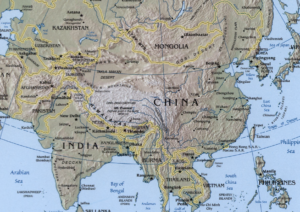
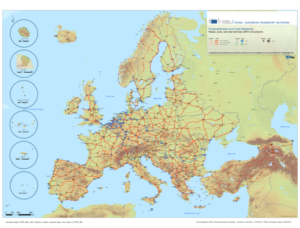
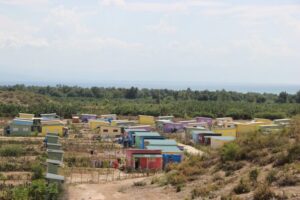

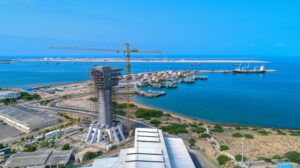
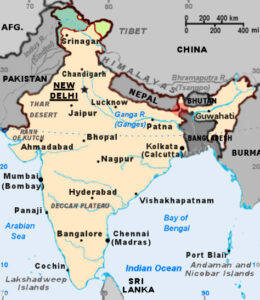




[…] the process of expansion of the European Union faces a series of challenges, from expansion fatigue to security issues and democratic values, […]